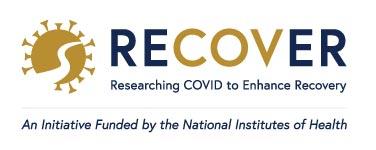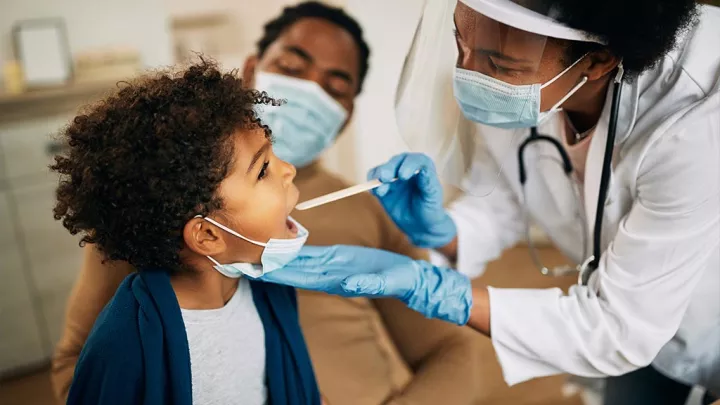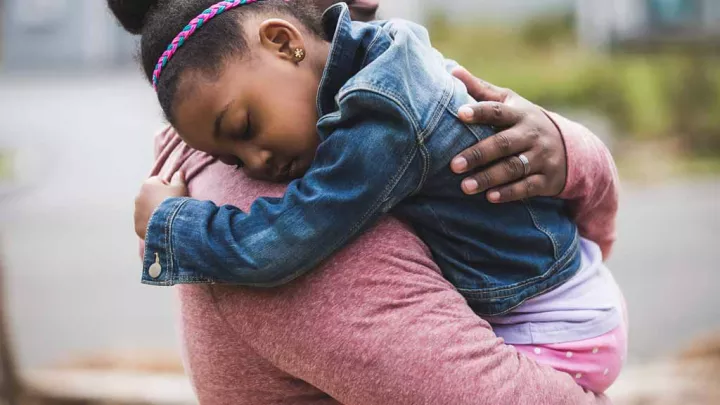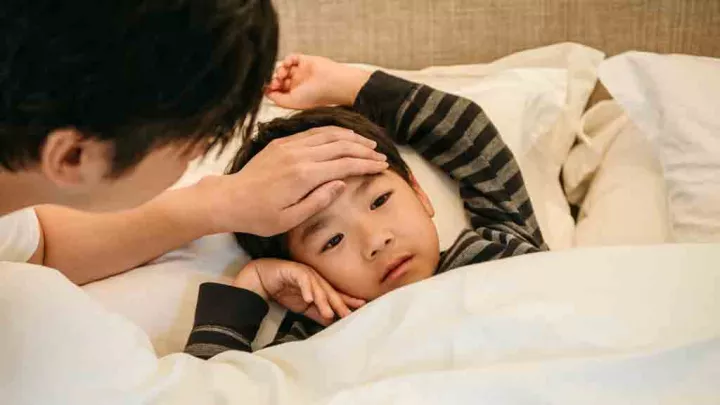
Children’s Hospital Los Angeles Awarded $8.3 Million to Study Long-Term Effects of COVID in Children
During the latest stage in the COVID-19 pandemic, more children are becoming seriously ill and some are experiencing symptoms lasting from one to several months. This condition is referred to by various names including long COVID, chronic COVID or scientifically, as post-acute sequalae of SARS-CoV-2 or PASC. Currently, most information about the long-term effects of COVID is based on the experience of adult patients. Now, a team of experts at Children’s Hospital Los Angeles has received $8.3 million from the National Institutes of Health (NIH) to study long-term effects of COVID-19 in children and young adults in order to determine the most effective ways to treat the serious consequences of this condition.

Children’s Hospital Los Angeles is one of more than 30 institutions across the U.S. that will enroll tens of thousands of individuals in a national study called RECOVER (Researching COVID to Enhance Recovery) to understand the mystery surrounding the aftereffects of COVID-19 infection. The study will enroll adults, including pregnant women, and children. CHLA will be one of several pediatric hospitals aiming to enroll 20,000 children and young adults under the age of 25, including people with long-term effects of COVID, people who recovered completely from COVID, and people who never had COVID. Parents or caregivers will also be recruited whenever possible. RECOVER aims to develop a diverse population for a harmonized study of truly national scale that can be used by researchers to rapidly understand, treat, and prevent long-term effects of COVID-19.
“We estimate that 5 to 15% of youth infected with SARS-CoV-2 develop long COVID. Given the population of Los Angeles, that is a lot of young people who will be affected,” said David Warburton, MD, site Principal Investigator at CHLA. “With this study, our objective is to learn more about the progression of this condition, how to treat it and most importantly, how to prevent it.”
Experts are concerned that long COVID has the potential to cause a future public health crisis due to symptoms that persist for months after the initial illness or that may arise later. Headaches, fatigue, difficulty concentrating or brain fog, shortness of breath, palpitations, changes in heart rate and sleep disorders are some of the lasting effects of COVID-19 experienced by children and young adults who may have had only a mild case or even been asymptomatic from COVID-19.
Children’s Hospital Los Angeles is one of the few hospitals in California with a program dedicated to long COVID recovery care in children and young adults.
Given this range of symptoms that affect multiple body systems in people who have had COVID, rapid screening evaluations of the heart, lung, liver, and kidney will be performed during short visits over a 4-year period. More extensive testing is planned in a smaller subset of participants, including electroencephalography, pulmonary function tests, magnetic resonance imaging, electrocardiography and neurocognitive testing. The study aims to provide insights into the true prevalence of the disorder in children as well as to study risk factors, other underlying causes, outcomes, optimal treatments and prevention techniques.
The study also will focus on two other post-COVID/PASC conditions— Multisystem Inflammatory Syndrome in Children (MIS-C) and COVID vaccine-associated myocarditis. A total of 800 individuals with MIS-C and 200 participants with COVID vaccine-associated myocarditis will be enrolled nationally.
“Although MIS-C is rare, the consequences can be devastating, says Sindhu Mohandas, MD, an infectious disease expert at CHLA and co-Principal Investigator on the study. “At CHLA, we have treated half of all children diagnosed with MIS-C in Los Angeles, so we are well positioned to study the best ways to treat long COVID/PASC in a diverse population.”
Because the symptoms of long COVID are similar to those of other conditions, it can go undiagnosed. Parents may conclude that their child is lethargic or finding it difficult to focus because of the time spent away from school and friends during the shutdown.
“Our goal is to identify children and young adults who may have this condition and help them toward recovery,” said John Wood, MD, PhD, a pediatric cardiologist at CHLA and co-Principal Investigator on the study. “If your child or a child you know is still experiencing symptoms that interfere with daily life, talk to your pediatrician about being evaluated for long-term effects of COVID and consider participating in this study.”
Other investigators leading the RECOVER study at Children’s Hospital Los Angeles are Jon Detterich, MD, Juan Espinoza, MD, Michele Kipke, PhD, Michael Neely, MD, Sharon O’Neil, PhD, Jennifer Su, MD, and Jacqueline Szmuszkovicz, MD.


